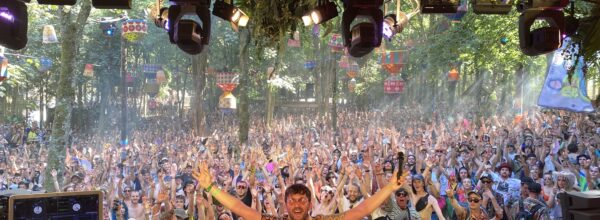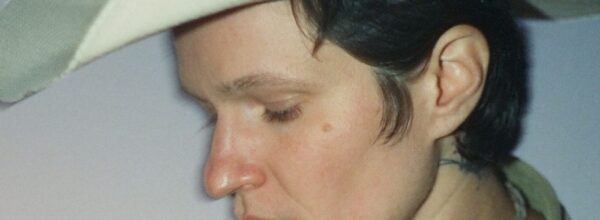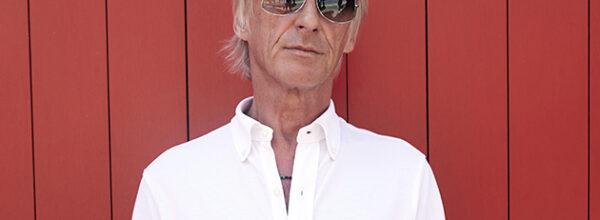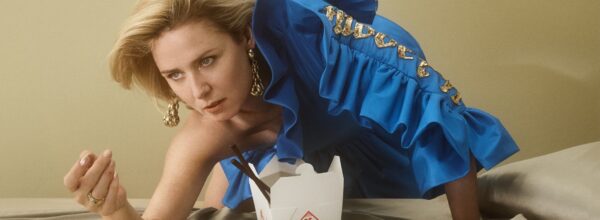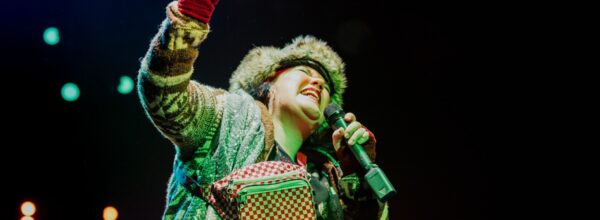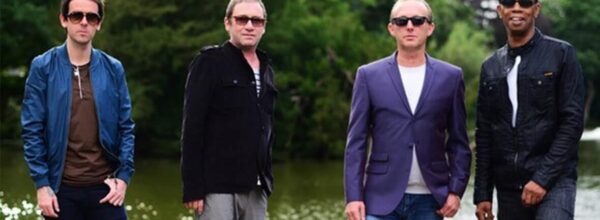
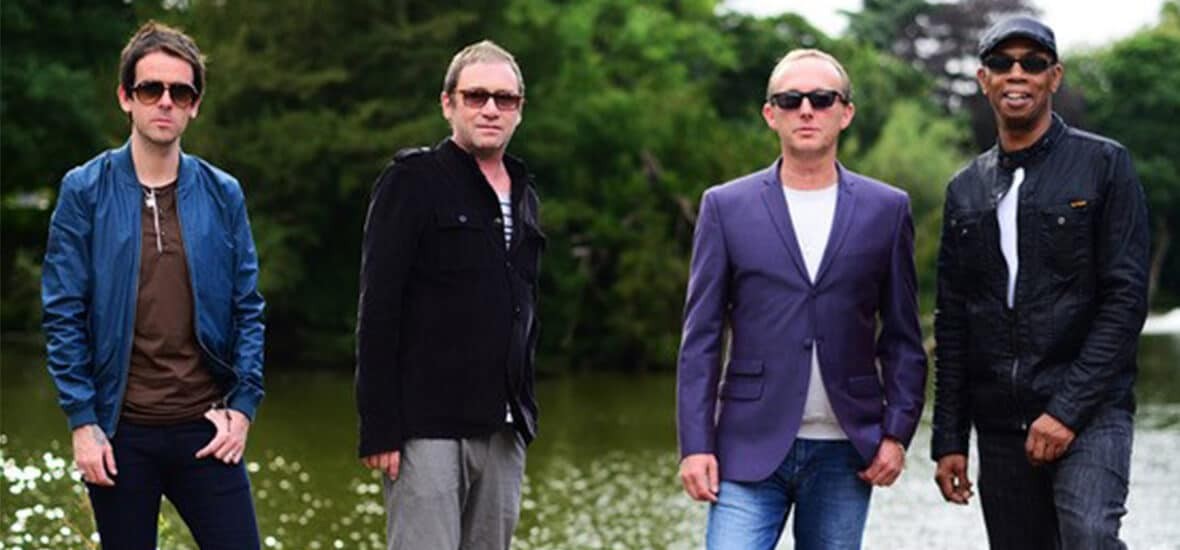 At the start of tonight’s show, it already feels as if new ends and new beginnings permeate the room. Just one day out from Bristol Beacon’s opening weekend after a renaming and renovation project worth a staggering £132 million saw the venue closed for five years, there’s a distinct smell of a new era – well, mostly paint and varnish – in the air. ‘Fairytale of New York’, played in full over the speakers, is both a celebration of the life of Shane McGowan and a harbinger for the festive season. Britpop favourites and enduring rockers Ocean Colour Scene then enter stage left; it’s just the second night of a new UK tour and it’s now been over 30 years since their self-titled debut album.
At the start of tonight’s show, it already feels as if new ends and new beginnings permeate the room. Just one day out from Bristol Beacon’s opening weekend after a renaming and renovation project worth a staggering £132 million saw the venue closed for five years, there’s a distinct smell of a new era – well, mostly paint and varnish – in the air. ‘Fairytale of New York’, played in full over the speakers, is both a celebration of the life of Shane McGowan and a harbinger for the festive season. Britpop favourites and enduring rockers Ocean Colour Scene then enter stage left; it’s just the second night of a new UK tour and it’s now been over 30 years since their self-titled debut album.
Embellished by the excellent Steve Craddock’s short, chiming interludes of guitar, ‘One For The Road’ – from benchmark mid-90s album Moseley Shoals – is a relatively chilled out opener, and the satisfying rasp of 58 year old singer Simon Fowler remains in decent working order in his mid-song emoting “We both landed up as different fools”. ‘The Circle’ – the third single from Shoals – is archetypical of what made peak-OCS so successful in even the most competitive of eras for British guitar bands; Craddock’s euphoric guitar hook melding with Fowler’s adroit carrying of an anthemic and catchy melody.
Though some may be surprised that the band have continued to release albums (there’s been five since the turn of the century), there’s a heavy leaning toward the Shoals material. ‘The Downstream’, lead by pounding keyboard chords is soulful and ponderous, and in echoing ‘Wild Horses’, evident of the group’s significant 60s influence. There’s a non-musical nod to the sixties as Fowler, drawing attention to his harmonica holder, makes reference to Neil Young and delivers a passable Dylan impersonation.
The stage backdrop of a large screen playing a variety of videos is an effective accompaniment to the music. During ‘Traveller’s Tune’ – its chorus possibly lifted from AC/DC’s ‘It’s a Long Way to the Top’ – features charming footage from 70s dance halls. We also see the original music videos for some songs; the juxtaposition of the young men on screen and their present day older selves – that is, in the case of Fowler, Craddock and original drummer Oscar Harrison – is both poignant and befitting the nostalgia evoked by the tunes.
The primary joy of watching OCS live is possibly the opportunity to be in the same room as Craddock’s redoubtable finesse as a guitarist. ‘It’s My Shadow’ has him delivering an edifying guitar solo that later morphs into a muted outro part. During the dual acoustic guitars of ‘This Day Should Last Forever’, Craddock delivers a fine solo on his twelve string. Later, the slow blues of ‘Get Away’ – possibly an influence on Oasis tune ‘Fade In-Out’ – has Craddock on his knees negotiating his pedal board and spraying out intoxicating bursts of space echo.
All this is without mentioning ‘The Riverboat Song’, perhaps the ultimate showcase of Craddock’s guitar skills. The now iconic guitar riff, powerful blues licks and a riveting wah-wah infused solo takes an already strong tune to another level as Fowler allows the crowd to take over vocal duties.
Fowler, as the band’s onstage spokesperson, merely injects a few clipped comments and observations between songs and doesn’t particularly react to a consistent barrage of inane heckles from the roughly 2,000 capacity crowd (“go on Stephen”, “we love you Simon”, “you’ve still got it, lads.”). However, the encore sees him at his most interactive. His addressing the top tier of the audience by asking “Can you see anything up there? Did you see any mistakes?” maybe alludes to his noticing signs of early tour rust. He then amusingly introduces ‘Robbin Hood’ as “about Craddock and me seeing Jesus for £2.50. Just say no, kids.” He then delivers bandmate intros – including Craddock’s son Cass on guitar and keys – and introduces ‘Profit In Peace’ as “more relevant each time we play it.” Video footage of war, bombs, protests and peace signs are a backdrop to the song’s central lament “So we gotta fight some more.”
‘The Day We Caught The Train’ is a fitting, crowd-pleasing finale and the “Oh-oh la-la” chorus perfect for an audience singalong. It’s a stark reminder of the band at the height of their 90s powers, but there’s clearly still enough in the tank to play host to fine musical evenings as this.
Scott Hammond



